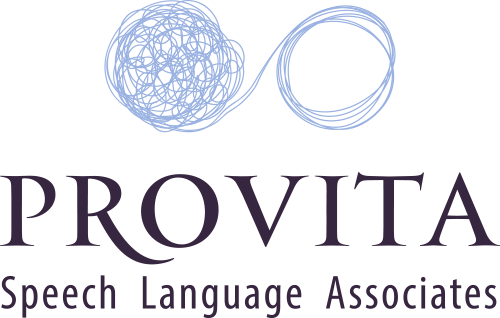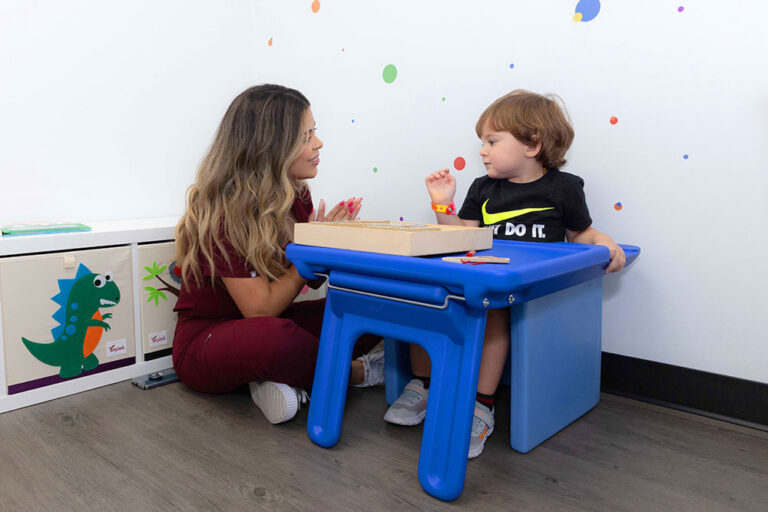For many children, the journey to effective communication can be challenging, but with the right support, remarkable progress is possible. One increasingly popular method that’s helping children with speech and language difficulties is music therapy. At Provita, we offer music therapy as part of our comprehensive approach, as it taps into children’s natural love for rhythm and sound to encourage communication in a fun, engaging way.
Here’s how music therapy can support speech and language development and why it’s a beneficial tool for children facing communication challenges.
Why Music Therapy Works
Music has a unique way of engaging the brain, particularly areas linked to speech, memory, and emotion. Studies show that music therapy stimulates multiple areas of the brain simultaneously, which can be particularly beneficial for children with speech and language delays. By activating the auditory and motor areas, music creates new pathways that can improve listening, comprehension, and verbal expression.
For children, music therapy isn’t just effective—it’s enjoyable. The fun nature of singing, rhythm, and movement allows them to relax, interact, and express themselves in ways they may struggle to do through traditional speech therapy alone.
Key Benefits of Music Therapy for Communication
- Improving Pronunciation and Speech Clarity
Singing songs, repeating simple phrases, and working on rhythms help children practice sounds and words. These activities enhance their articulation and speech clarity, making it easier for them to communicate their needs and thoughts with confidence. - Strengthening Listening Skills
Music therapy encourages active listening. Through rhythmic patterns and melodies, children learn to listen closely and respond, reinforcing essential skills needed to understand and engage in conversations. - Expanding Vocabulary
Songs introduce children to new words and phrases in a playful context. By regularly singing and learning song lyrics, children start to expand their vocabulary naturally, giving them more tools to express themselves. - Encouraging Social Interaction
Many music therapy sessions are interactive, incorporating group activities, call-and-response exercises, and instrument play. These experiences help children practice turn-taking, sharing, and communication, building their social confidence and teamwork skills. - Reducing Anxiety and Boosting Confidence
Music is known to have calming effects, helping children feel more at ease in therapy sessions. This relaxed environment fosters confidence, as they can express themselves freely and without judgment.
Provita’s Approach to Music Therapy
At Provita, we believe every child has the potential to communicate effectively. Our music therapy sessions are carefully designed to meet each child’s unique needs, integrating fun, engaging activities that stimulate speech and language development. Whether it’s through singing, playing instruments, or creating rhythms, our approach prioritizes each child’s comfort and enjoyment to make learning feel natural and exciting.
The Next Steps in Your Child’s Journey
If you’re looking for additional ways to support your child’s communication development, music therapy might be a perfect fit. By connecting with children through the universal language of music, this therapy helps them build essential skills and a love for self-expression.
Interested in learning more? Reach out to us to see how our music therapy program can make a difference in your child’s journey to communication success. Together, we can help them reach their potential, one note at a time.


